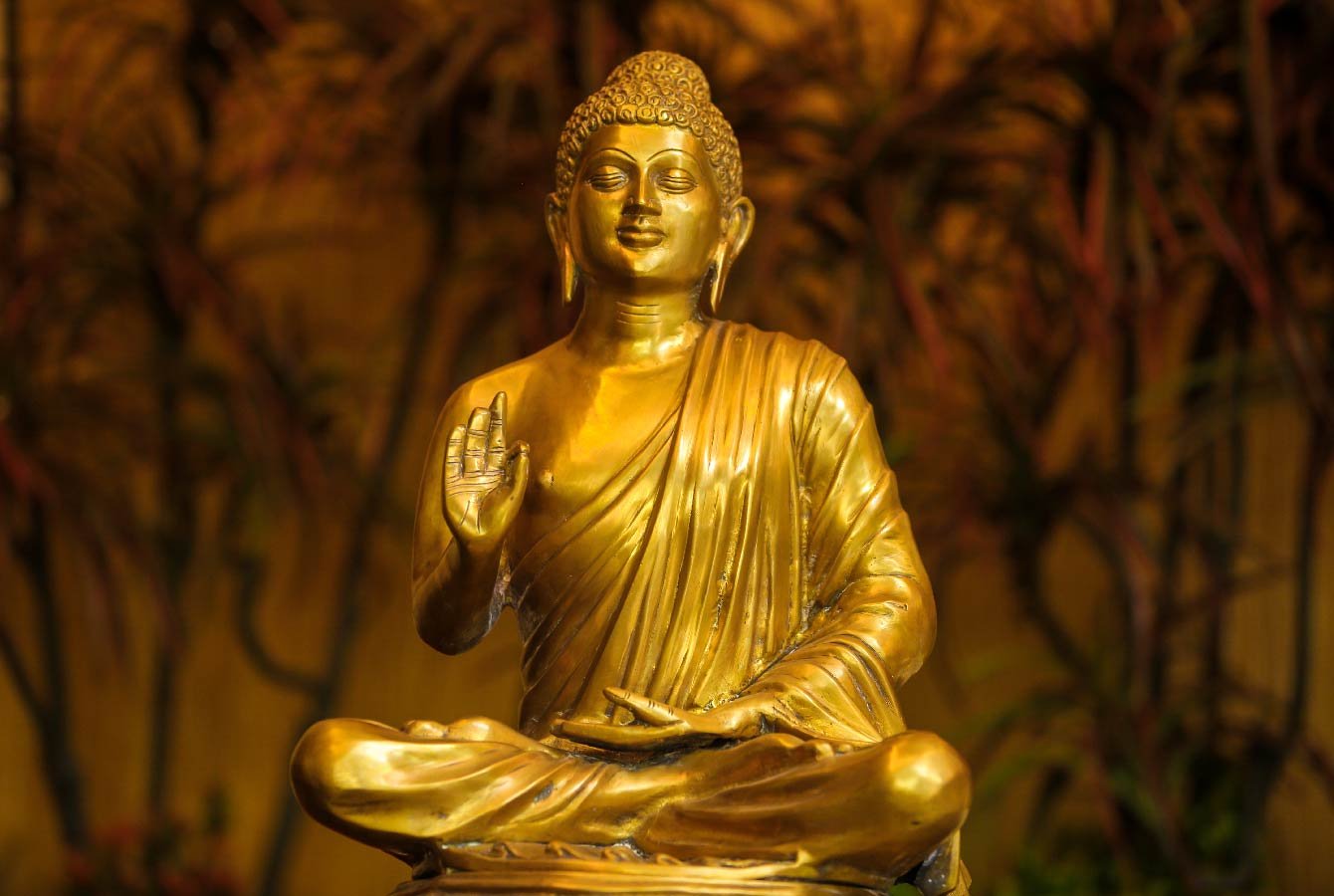

We are each expressions of the world, not strangers in a strange land, flukes of consciousness in a blind, stupid universe, as evolutionary science teaches us. We are not just separate egos locked in bags of skin. There is just one event, with multiple aspects, unfolding.

Furthermore, there is not a multiplicity of events. This too, accords with modern scientific knowledge. Look at anything closely enough – even a rock or a table – and you will see that it is an event, not a thing. In this view, there is no stuff, no difference between matter and energy. This is the basis of zen itself – that all life and existence is based on a kind of dynamic emptiness (a view now supported by modern science, which sees phenomena at a sub-atomic level popping in and out of existence in a quantum froth). The word "zen" is a Japanese way of pronouncing "chan", which is the Chinese way of pronouncing the Indian Sanskrit "dhyana" or "sunya", meaning emptiness or void. Life was, in zen parlance, yugen – a kind of elevated purposelessness.

The Meaning of Happiness (published in 1940) and The Wisdom of Insecurity (1951) are striking primers to his work, and they underlined what Rowe was already teaching me: that life had no intrinsic meaning, any more than a piece of music had an intrinsic point. I wasn't interested in the Four Noble Truths, or the Eightfold Path, and I certainly didn't believe in karma or reincarnation.Īll the same, I read a couple of Watts's books. I was suspicious at first, perceiving Zen Buddhism to be a religion rather than a philosophy. But through Watts and his writing, I was exposed directly to the ideas of Zen Buddhism. His name evoked the image of a paper goods sales rep on a small regional industrial estate. Through Rowe's writing I first came across Alan Watts, and he sounded like an unlikely philosopher. While I was researching it, I read the work of psychologist Dorothy Rowe, a quiet, almost secret, follower of Buddhist philosophy. The consequence of this was my first book, a memoir called The Scent of Dried Roses. Which is perhaps why I fell into an acute depression at the age of 27, and didn't recover for several years. A sense of encroaching mental chaos was always skulking at the edges of my life. I have never been able to support either strategy.


 0 kommentar(er)
0 kommentar(er)
